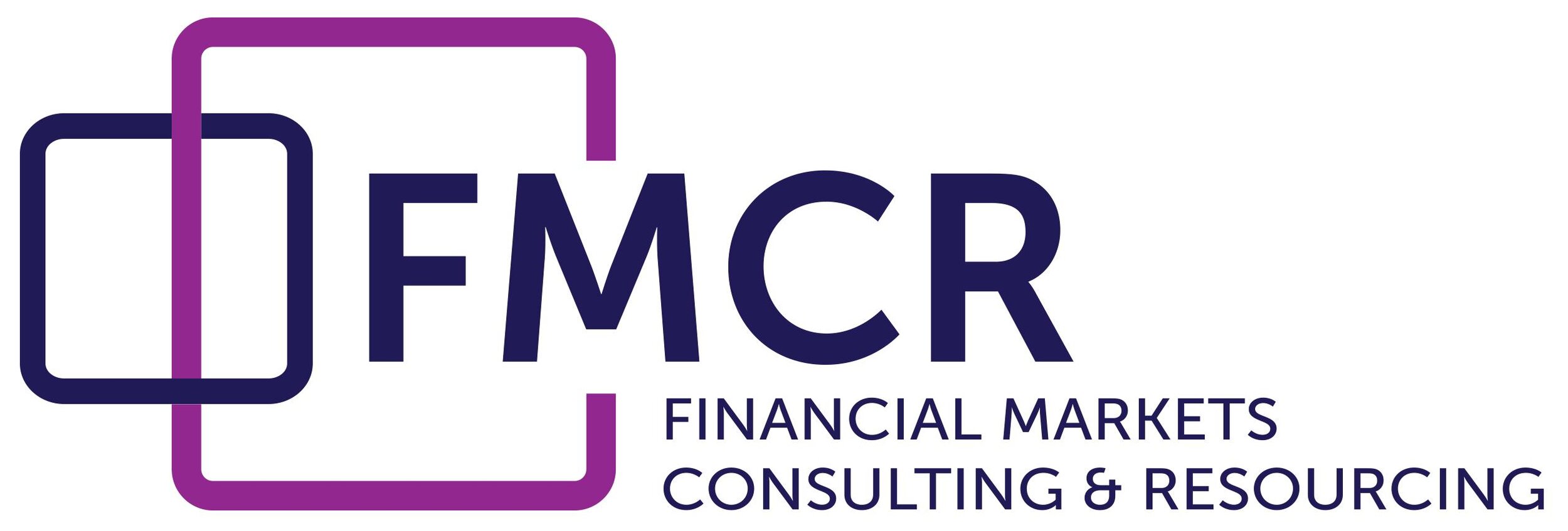BIS Triennial Survey and FX Global Code Call to Arms
The BIS has released its 2019 Triennial Survey of Global FX and OTC Derivatives Markets. The statistics reveal further material growth over the last three years with average daily turnover rising to $6.6 trillion in April 2019, compared to $5.1 trillion in 2016. Derivatives have gained ground over Spot with FX swaps accounting for close to half of all trading in April and London has maintained its dominant position as the premier trading centre with 43% of the market.
To coincide with the release of this report, Andrew Hauser, Executive Director, Markets, at the Bank of England made a speech at TradeTech FX 2019[1] in Barcelona in which he made a call to arms for yet more firms to sign up to the FX Global Code of Conduct, particularly on the buyside.
Hauser said that global FX turnover may now be more than 20 times global GDP and, working collectively, there was huge scope for the buyside to improve the value they get as individual firms and strengthen the market as a whole. It was time for the buyside to recognise, and use, its buying power on the FX market to the full.
He suggested three specific ways to progress towards that:
· By demanding clearer and more informative disclosures that buyside firms get from liquidity providers and platforms – including hold times, timestamps and reject codes;
· By seeking out more effective, robust and independent analytical, aggregation and execution tools and;
· By signing up to the FX Global Code, where the buyside is significantly underrepresented.
A fair market is one with open access where firms feel they can trade safely with counterparties who hold to clear standards of market practice and integrity. Standards in some parts of the market fell unacceptably short at the time of the financial crisis and this has been largely redressed with global agreement on the FX Global Code. Take-up of the code has been rapid with some 956 firms currently publicly committing to the Code on the Code’s Global Index[2]
Hauser stressed that buyside firms should be working together to take advantage of the Code and, in particular, they ought to be exerting more pressure for better disclosures across the board to enable them to make better informed trading decisions. In February of this year the Global FX Committee (GFXC) published supplementary guidance on the key characteristics that good disclosures should have, covering content, accessibility, clarity and review frequency.
The GFXC will shortly be conducting a three-year review of the Code and Hauser encouraged firms to let their national FX Committees hear their views, to encourage even stronger market-wide standards.
Secondly, Hauser urged buyside firms to use effective Transaction Cost Analysis (TCA) tools, as is already done in equity markets. Tools that go beyond just measuring the observed spread, but also include market impact, price variation, hold times and fill ratios and give pre-trade guidance and post-trade analysis. Establishing common standards for effective TCA and sharing post-trade data anonymously are areas where Hauser feels that buyside firms can usefully collaborate.
Hauser concluded by stressing that the buyside has so much to gain, and to offer, from a more active collective participation in FX markets and that many more buyside firms need to sign up to the Global FX Code. Of the 956 firms who have so far publicly committed only 85 are from the buyside. Of the 30 largest global asset managers, only 13 have signed up, meaning $22 trillion of investors’ funds have no voice in the use and development of the Code.
Signing up for the Code should be high on the agenda for every major asset management firm and any other firm that wants to be accepted as a significant participant in the global FX market. It deepens trust between counterparties and their clients, strengthens corporate governance and provides a ready-made template for best practice in FX markets.
Trading behaviour that is in line with the Code will tend to indicate that a person is meeting their obligation to observe proper standards of market conduct. This will be particularly relevant for UK asset management firms which will come under the Senior Managers Regime from the end of 2019.
FMCR is a technical consulting firm with a team of former FX market practitioners to assist with any query or requirements.
[1] https://www.bankofengland.co.uk/-/media/boe/files/speech/2019/run-lola-run-the-good-the-bad-and-the-ugly-of-fx-market-fragmentation-speech-by-andrew-hauser.pdf?la=en&hash=D40D65DEB9925DC0617ADCB216AB2DCA3B39AC6D
